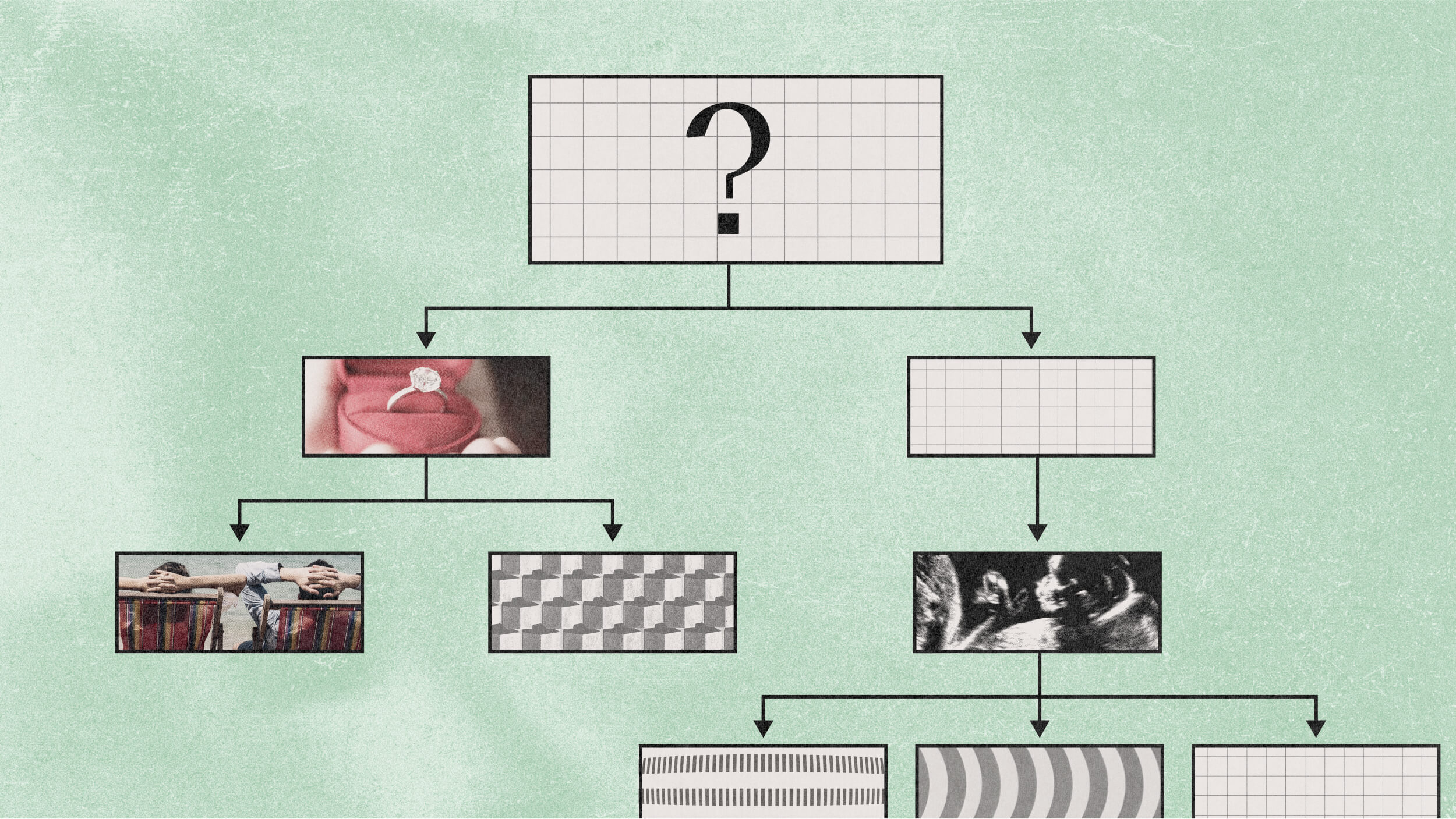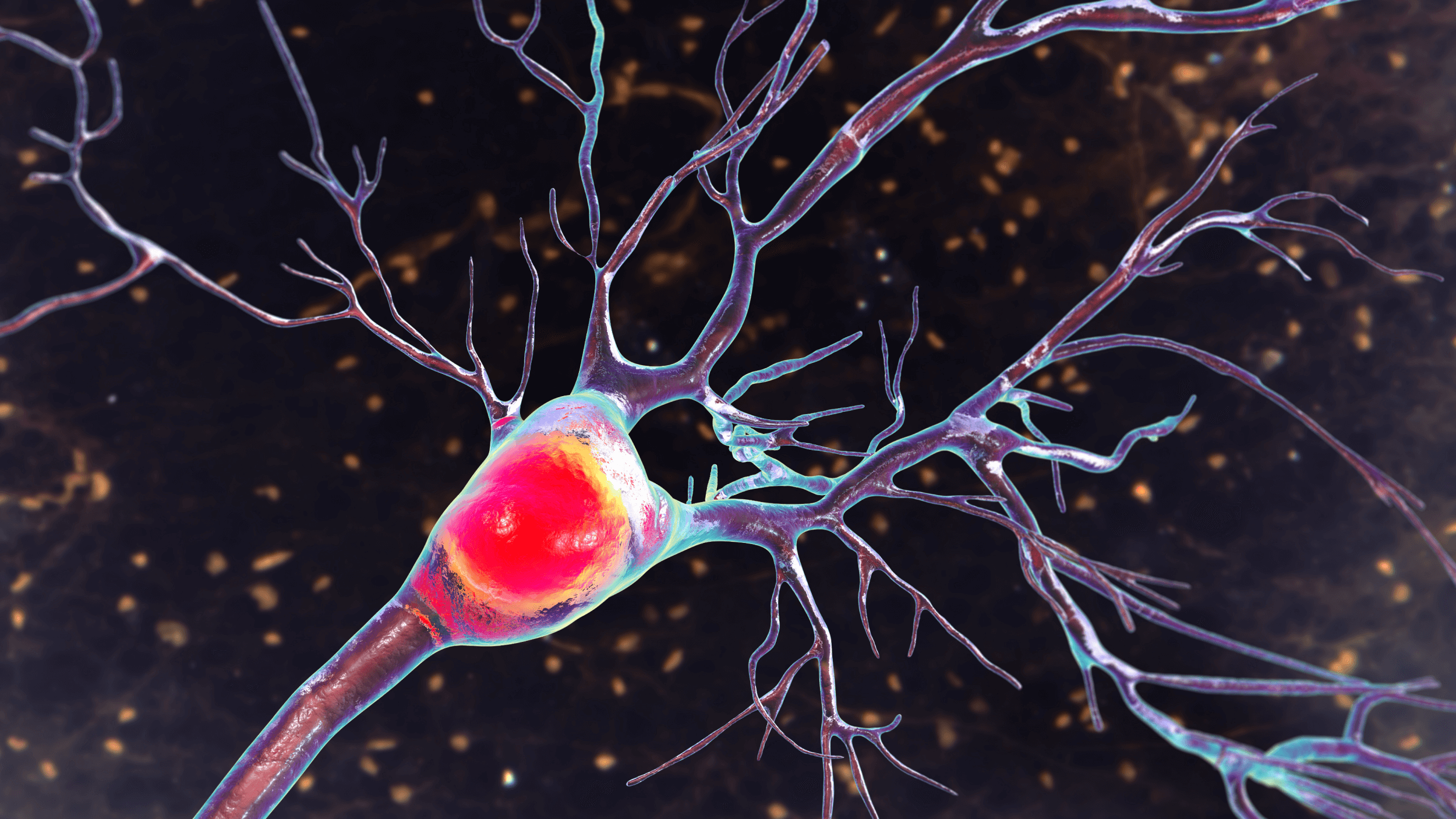People Believe in Free Will Even When Shown Evidence to the Contrary

Even when shown neuroscientific evidence that contradicts a basic conception of free will, people do not accept the claim that concepts like “responsibility” and “free will” become meaningless thereby. This conclusion, published as part of a study appearing in the November issue of Cognition, was conducted by a team of philosophers at the University of Georgia.
In the experiment, individuals were shown “evidence demonstrating that information about brain activity can be used to predict behavior before people are aware of having made a decision.” In other words, scientist had data that could accurately predict people’s decisions before the people making the decision were aware of their own choice. The subjects of the experiment, however, reported that until such information were used to manipulate their behavior, they consider their free will intact.
The results present an interesting picture of free will: even if our behavior is in some sense determined by forces unavailable to the conscious mind, people are willing to uphold their belief in free will. This is good news for our institutions of justice which depend on assigning blame when people behave in ways that contradict social norms.
Steven Pinker argues in his Big Think interview that while our behavior is determined by brain processes, the complexity of those processes mean that we are unlikely to predict them anytime soon:
Read more at Science Direct
Photo credit: Shutterstock





